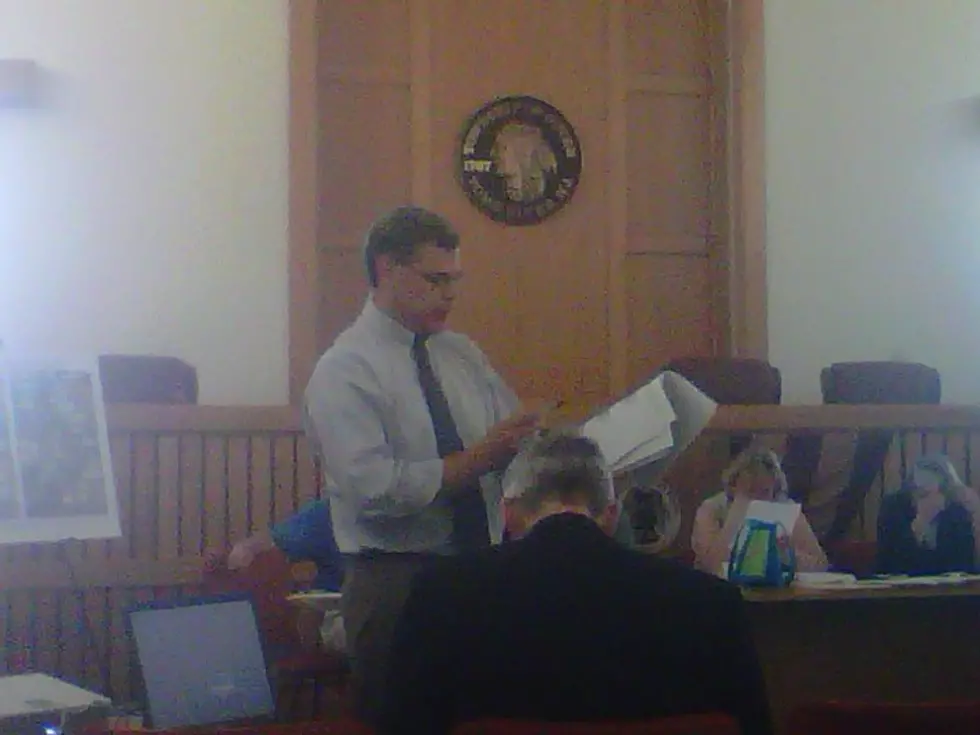![Birthrates Drop In U.S. Over Down Economy [AUDIO]](http://townsquare.media/site/394/files/2012/07/baby1.jpg?w=980&q=75)
Birthrates Drop In U.S. Over Down Economy [AUDIO]
The recession has slowed the nation’s birthrate, as more young parents choose not to have babies until the economy rebounds.
As the economy tanked, the average number of births per woman fell 12 percent. Experts say the fertility rate is not expected to increase for at least two years.
“This is not really a one or two year phenomenon, this is going to be with us for a significant amount of time to come” said James Hughes, dean of the Edward J. Bloustein School at Rutgers University in New Brunswick.
He said there’s still a lot of uncertainty out there among new twenty-something married couples.
“They certainly are being much more cautious these days in thinking about whether or not they are ready financially to start a family right away.”
Then there’s the added cost of high student debt.
“Bills keep coming and payments are due for school, young people are trying to save up money and adding the cost of a new child into the mix is sometimes overwhelming and that’s why they are holding off” added Hughes.
“A lot of recent college grads are also moving home right after school, so it makes it increasingly difficult to meet someone, marry and start a family.”
Despite the birthrate drop, Hughes says the fertility rate in the U.S. has remained close to the replacement rate of two children per woman, whereas European countries are growing concerned about aging populations with no young workers to support them.
“The United States has always had a high birthrate, so despite the drop, I don’t think this will have a significant impact on our country…school enrollment may drop and it may be harder to pay for social security for the baby boomers that are retiring now, but in the long-term future, this shouldn’t be a big issue.”
More From 92.7 WOBM
![West Nile Virus Concern In The Garden State [AUDIO]](http://townsquare.media/site/394/files/2012/07/westnile.jpg?w=980&q=75)
![Gas Prices Rise At The Pump Again [AUDIO]](http://townsquare.media/site/394/files/2012/07/gasprices.jpg?w=980&q=75)





![Have You Ever Boycotted Something? [Poll]](http://townsquare.media/site/394/files/2012/07/Boycott.jpg?w=980&q=75)
![Another Day Of Darkness In Freehold [PHOTOS/VIDEO]](http://townsquare.media/site/394/files/2012/07/mike-freehold.jpg?w=980&q=75)
